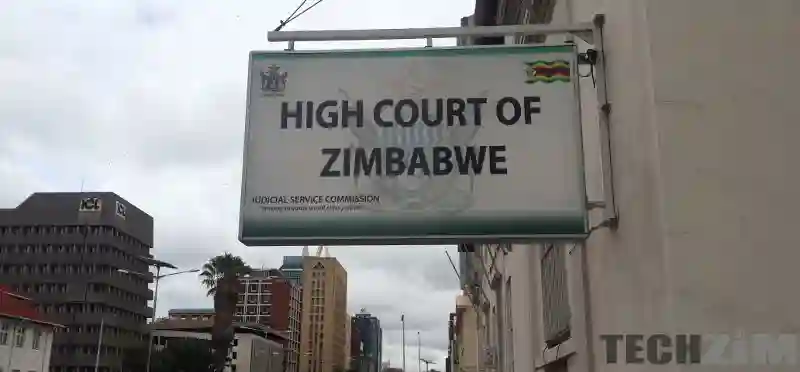The Judicial Services Commission (JSC) has responded to concerns raised by the Law Society of Zimbabwe (LSZ) over a memorandum that was issued by the Chief Justice Justice Malaba on July 16.
Malaba had directed judges that they could only issue court judgements after approval by the head of the division.
In a letter dated 21 July 2020 and addressed to E. Mapara, LSZ executive secretary, Judicial Service Commission secretary Walter Chikwanha sought to clarify Malaba’s directive. Chikwanha wrote:
Thank you for your letter dated 20 July 2020 addressed to the Chief Justice which you copied to me.
We do confirm that a memorandum was issued by the Chief Justice’s office on the 16th of July 2020.
The background to that memorandum is that the Judicial Service Commission had been receiving a lot of complaints for quite a while from litigants, legal practitioners and members of the public in general on the non-availability of judgments which would have been read in court by Judges.
Following these complaints and subsequent investigations, it was revealed that there were instances where a Judge would deliver a judgment or the operative part of a judgment in court or in chambers but the Judge, for various reasons some of which were genuine, would not immediately avail the judgment for distribution and accessibility to the concerned parties and the public.
The Chief Justice then consulted and engaged with Judges of all the courts on this challenge and received contributions from the Judges on how to deal with the issue.
The memorandum issued was intended to address that problem and it was based on the input that the Chief Justice received from the Judges.
It was meant to guide the Courts and the Judges on the need to pronounce judgments only when they are ready and to make judgments accessible and available to the litigants, legal practitioners and the public immediately after such pronouncement.
This is the spirit upon which the memorandum of 16 July 2020 was written.
We have taken note of the concerns that have been raised by the public, interested persons and organisations regarding paragraph 2 (iv) of the memorandum.
We also believe this is the context in which you have communicated with us on the issue.
We wish to assure the profession and the public at large that the memorandum was not meant to stifle the independence of the Judiciary, neither was it meant to give Heads of Courts/ Stations/ Divisions review powers over judgments and decisions made by fellow Judges.
We now realise that this paragraph has created the unfortunate and unwelcome perception to a memorandum which was put together in an effort to address grievances raised by the profession and litigants regarding the non-availability of judgments that would have been delivered in court.
The Chief Justice is a firm believer in the independence of the Judiciary.
This is a principle that is provided for in our Constitution and which is sacrosanct.
No one, and no arm of government nor even the Chief Justice and the Judicial Service Commission itself should attempt to interfere with such independence.
There should not even be a perception of such interference. This is the perception that has been created by paragraph 2 (iv) of the memorandum and as the Judicial Service Commission, we have to take a position to attend to that perception.
In the circumstances, therefore, the Chief Justice has directed that paragraph 2 (iv) of his memorandum of 16 July 2020 be expunged from that memorandum.
We attach hereto for the attention of the profession a copy of the new memorandum which is also being distributed to the attention of all Judges.
For the avoidance of doubt, the new memorandum cancels and replaces the 16 July 2020 memorandum.
We thank you for raising these concerns with us.
W.T. Chikwana
Secretary, Judicial Service Commission

